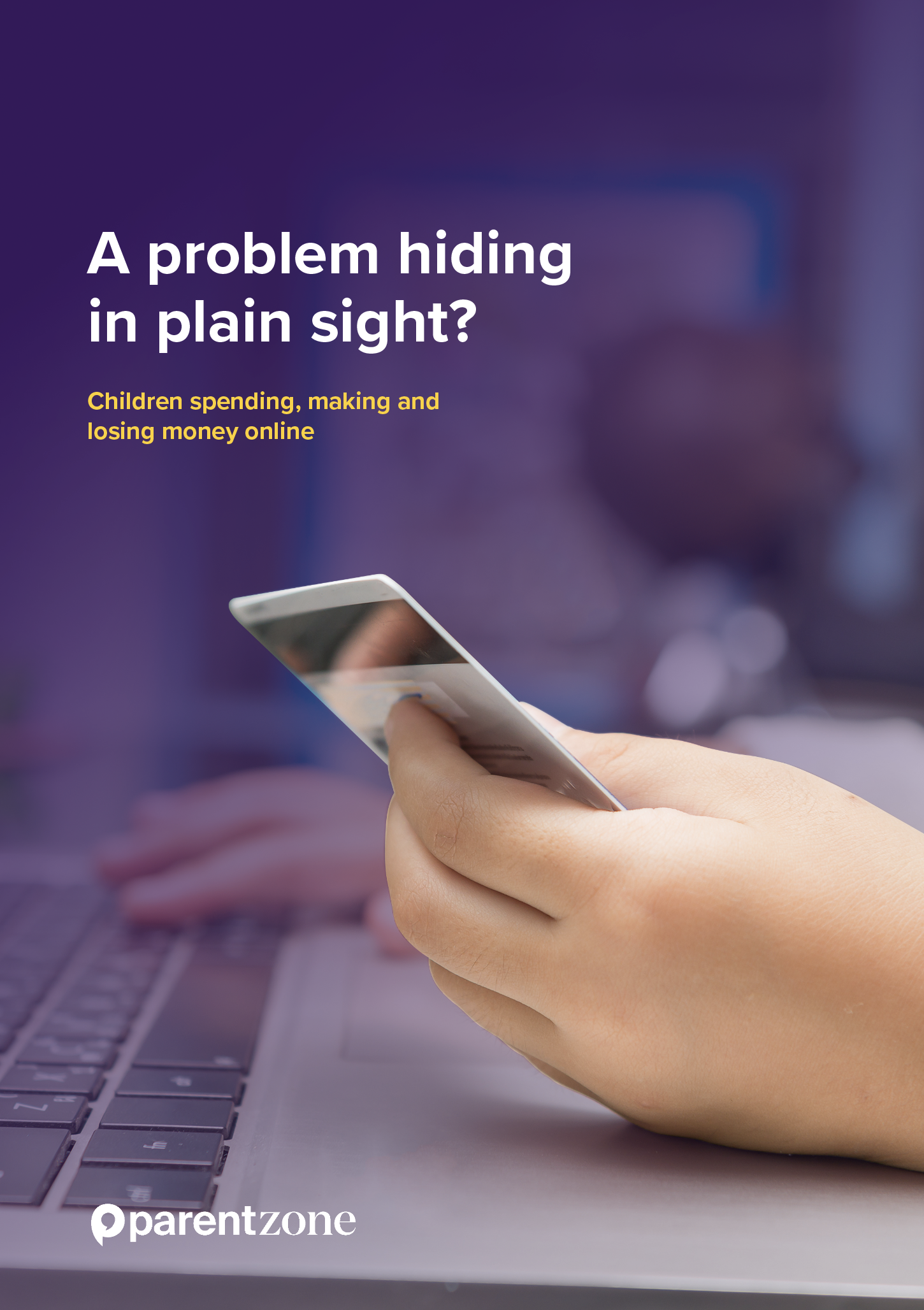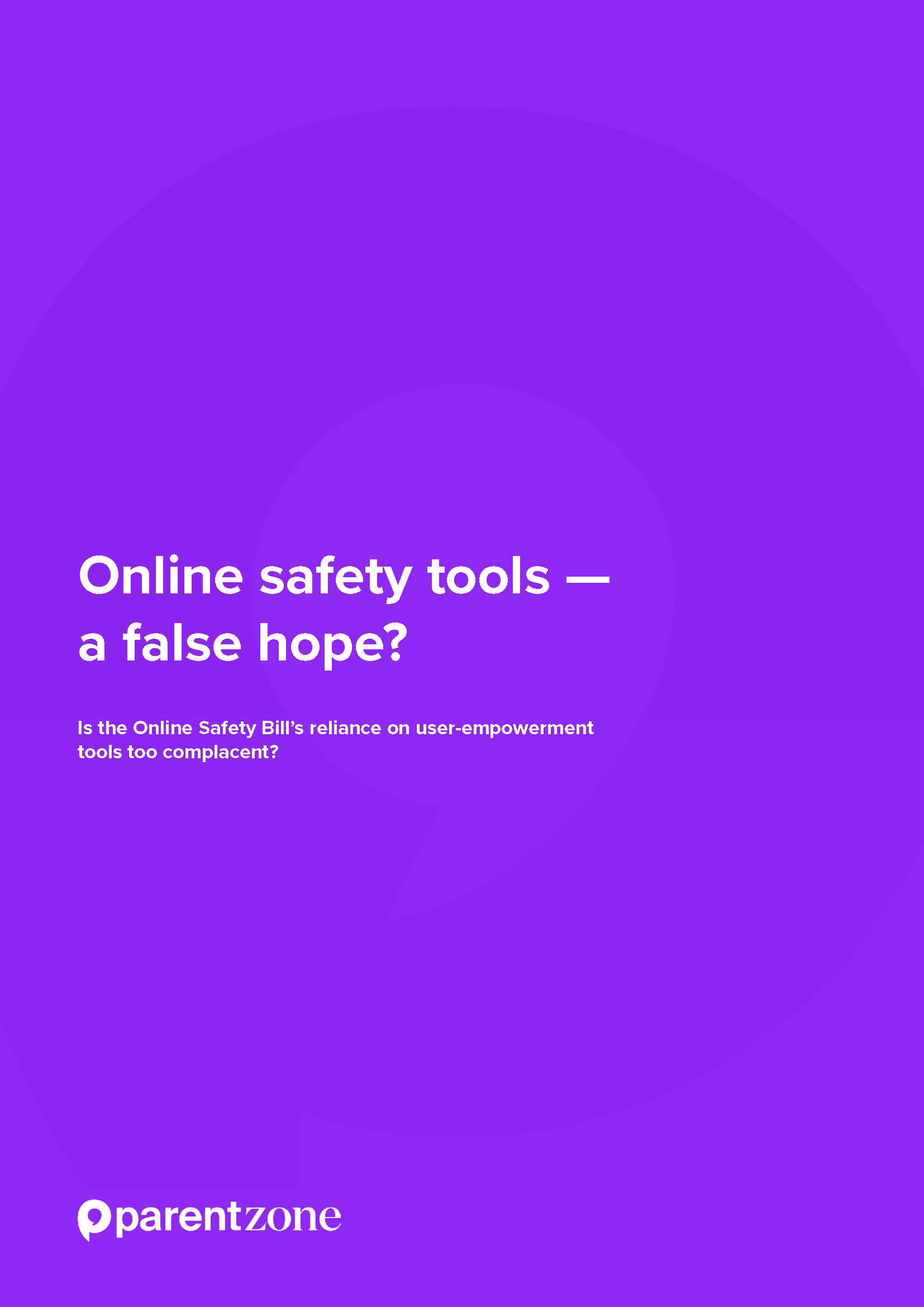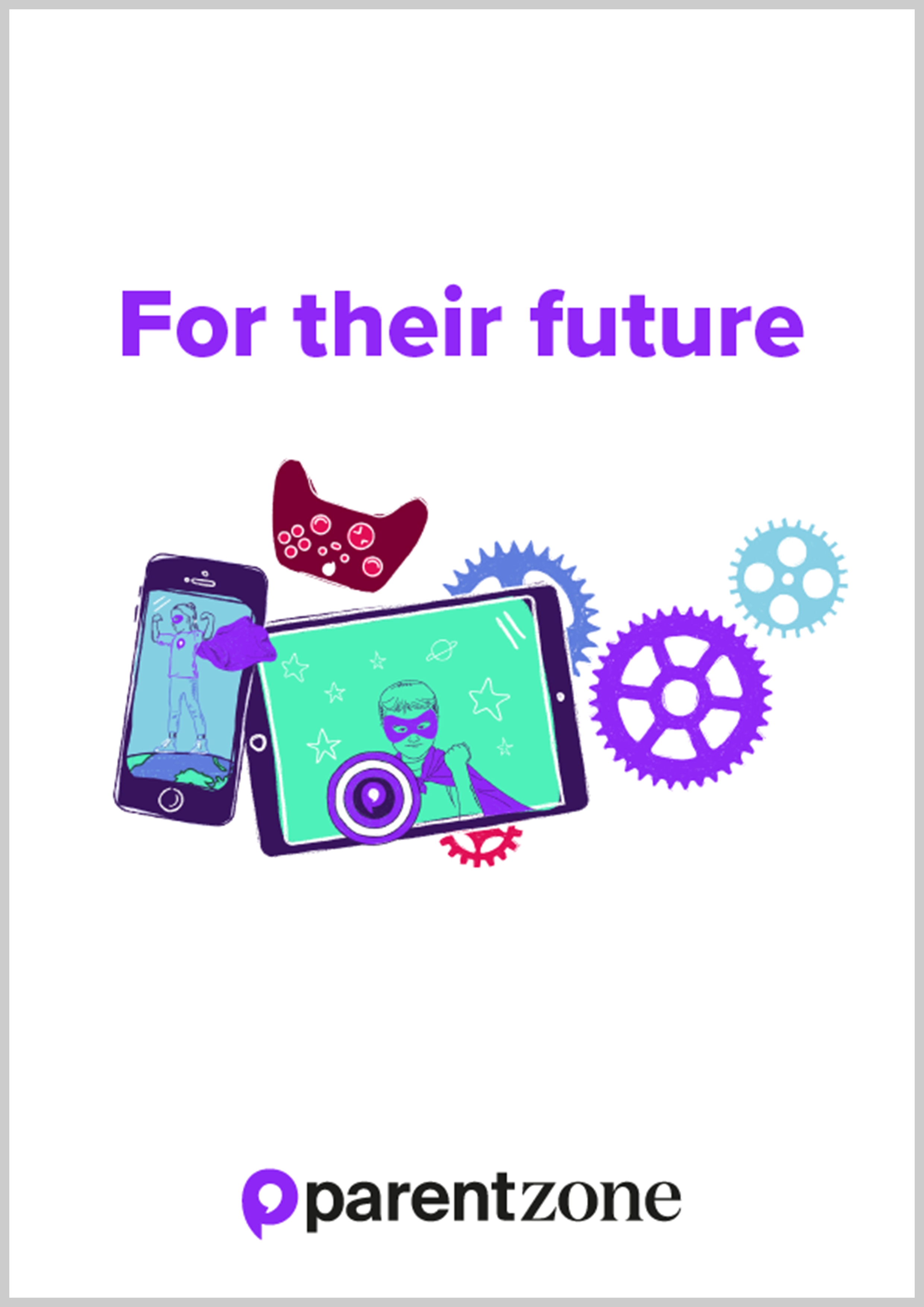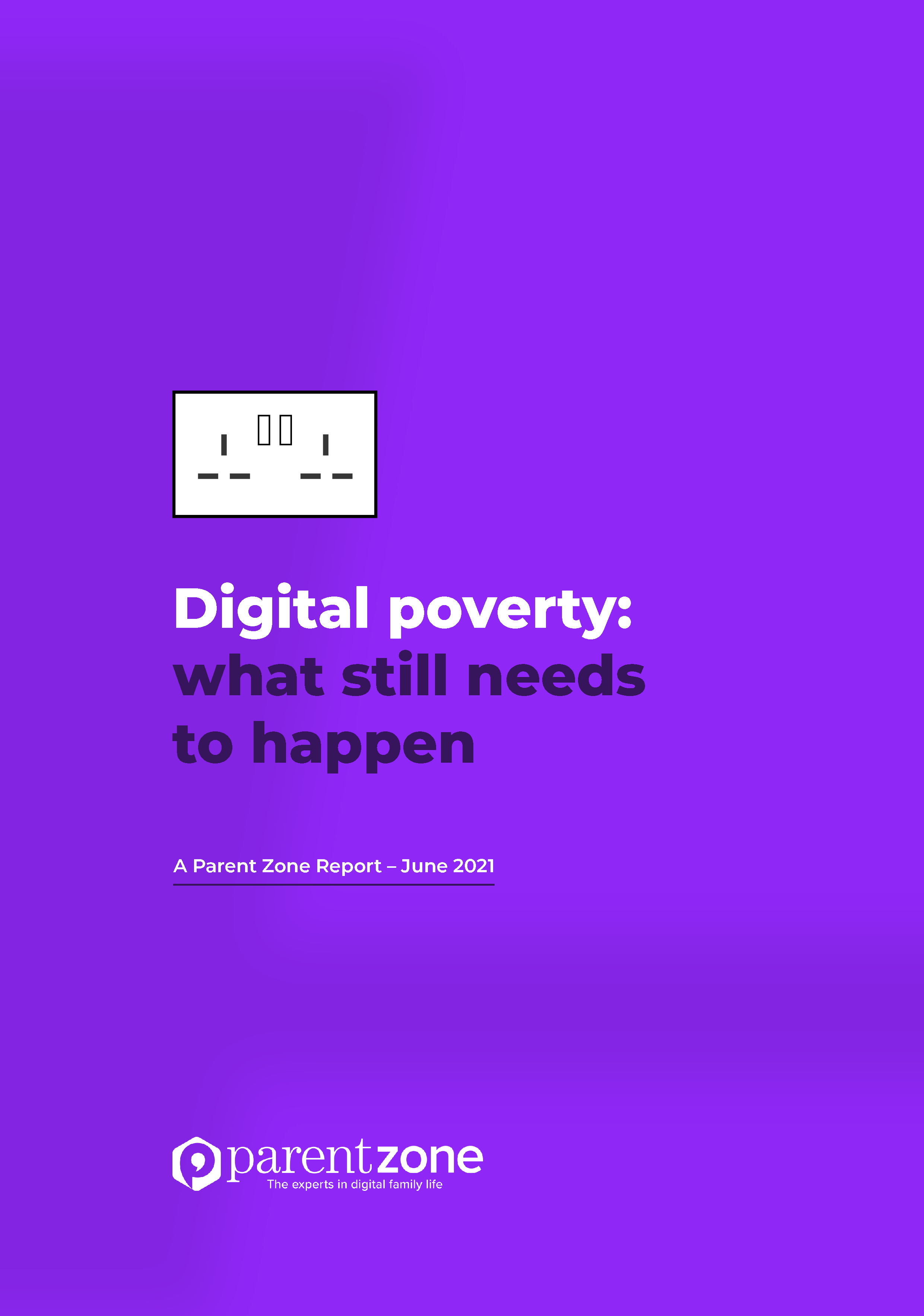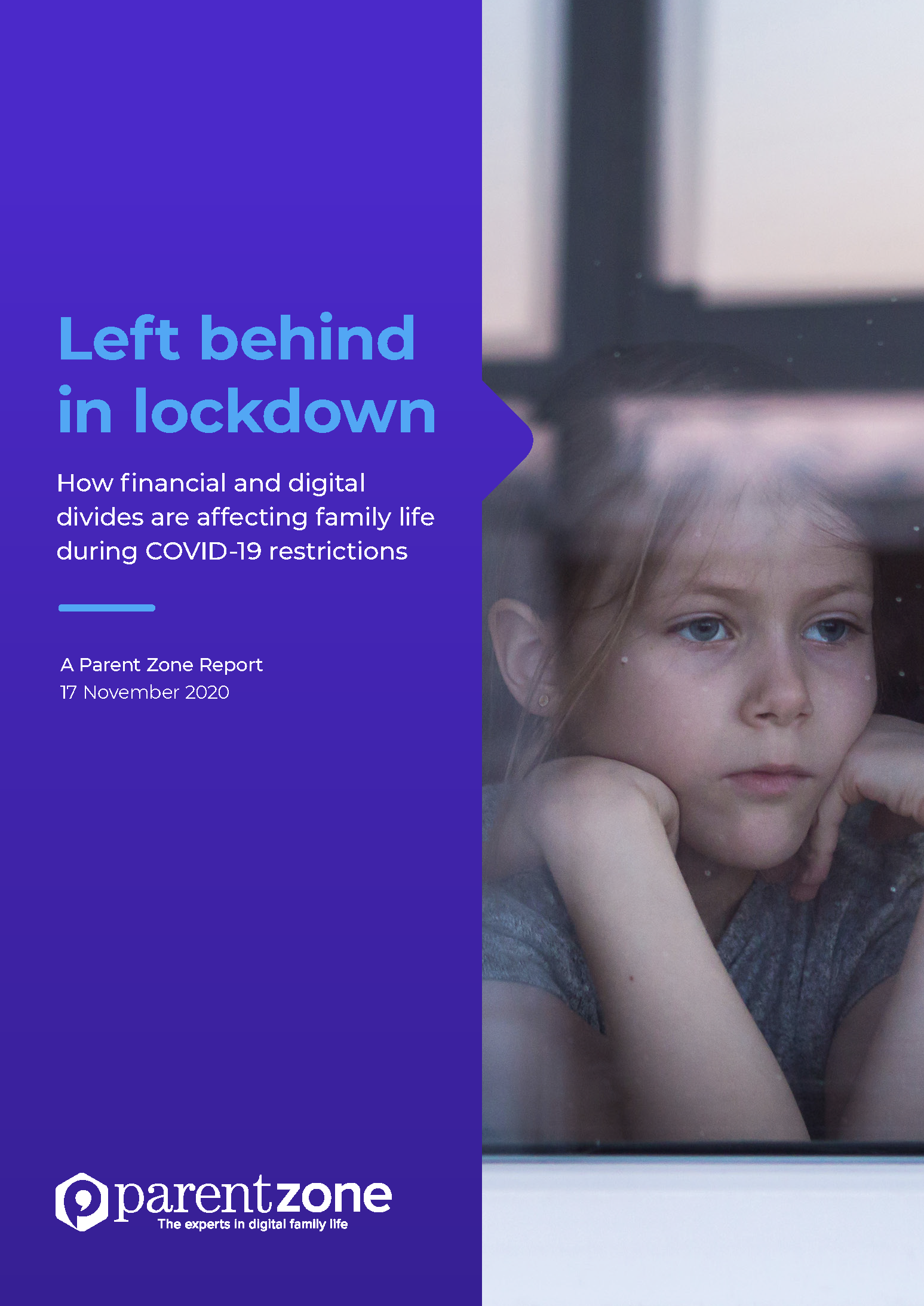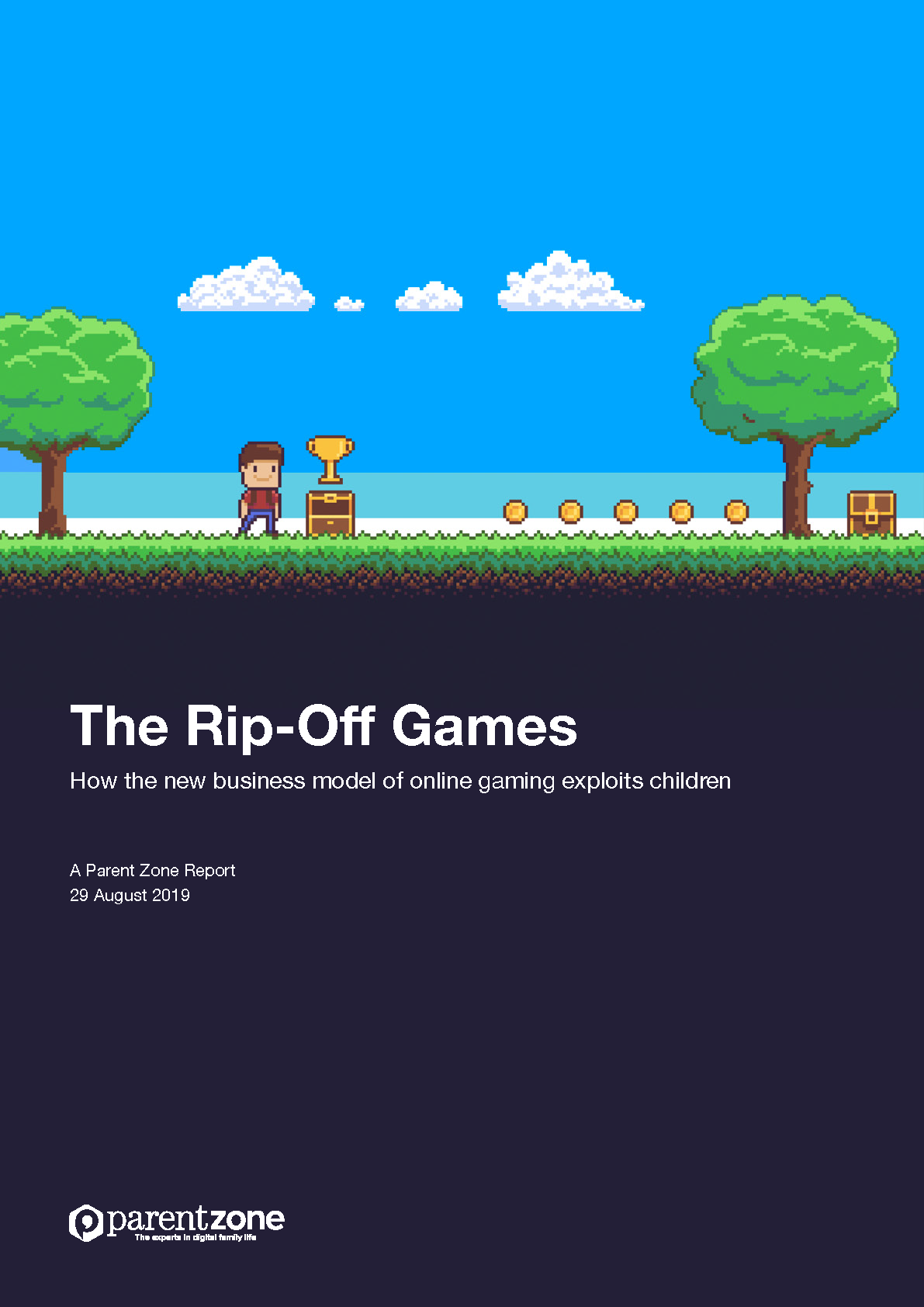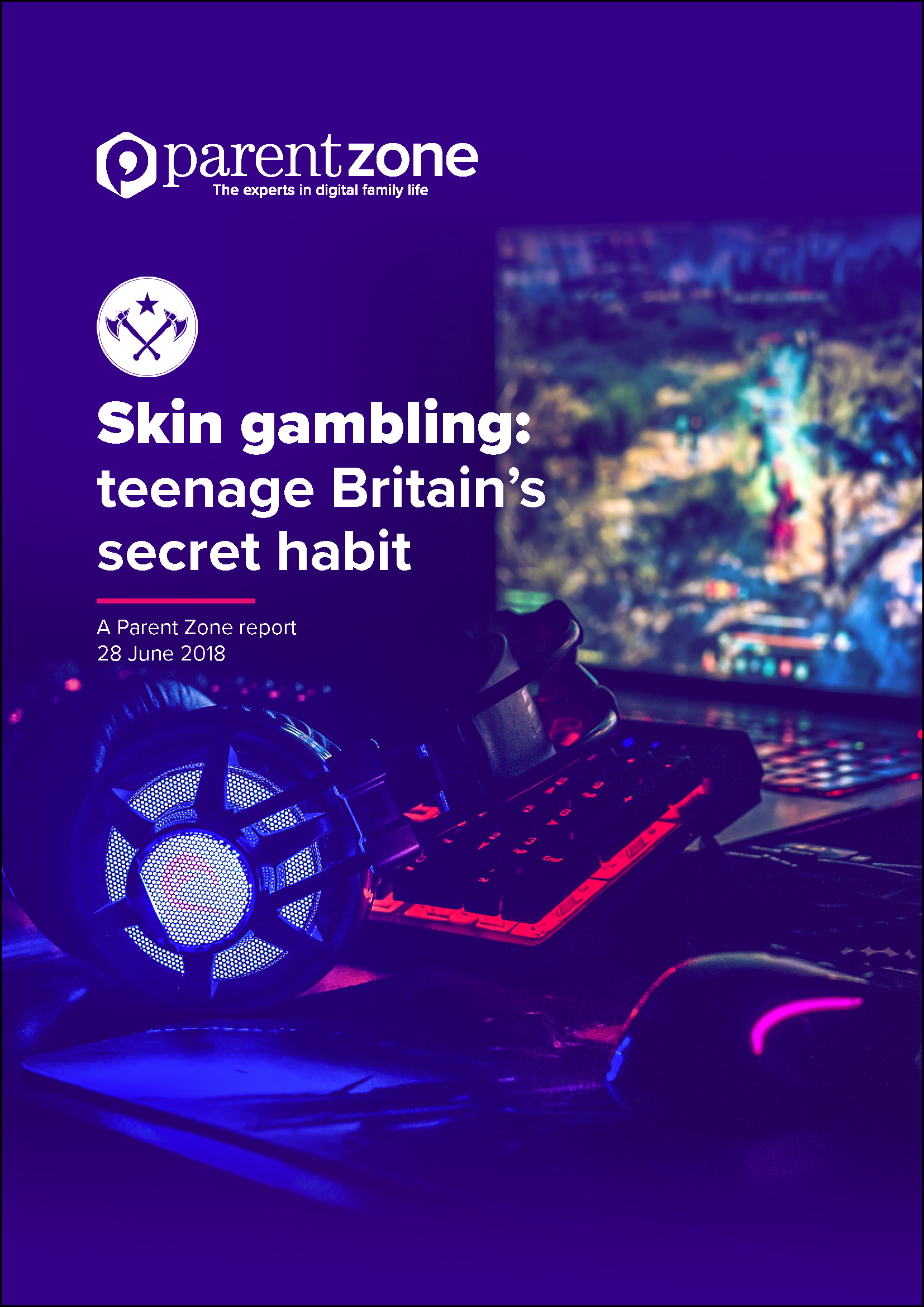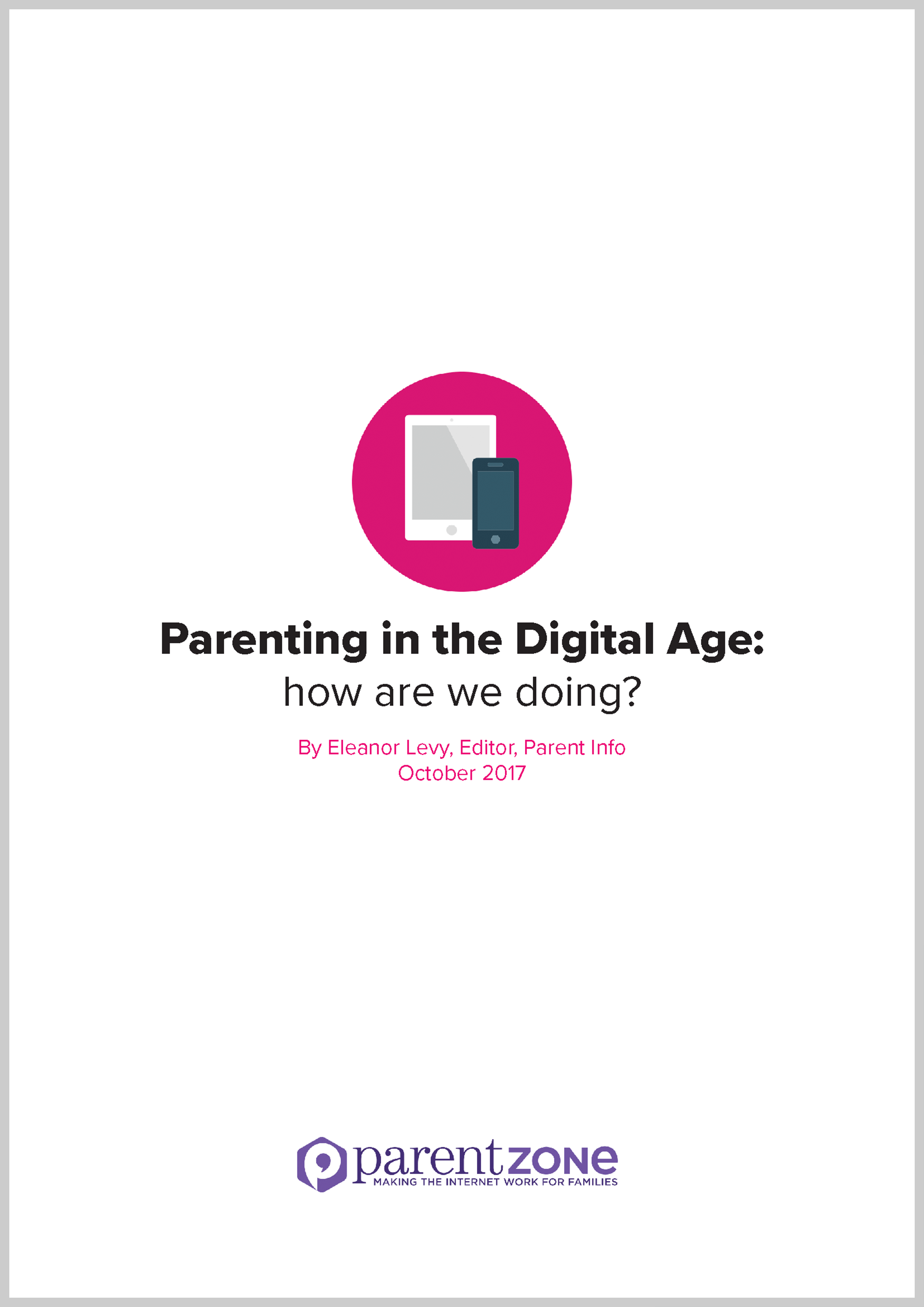

We conduct research into the issues affecting children, young people and families in the digital age.
You can browse and download our reports below.

Everyday Digital Evaluation Report
April 2025
Impact, learning and recommendations from Everyday Digital – Parent Zone's national media literacy programme.

Short changed and out of time
February 2025
A report into families facing financial harms alone. Research by Parent Zone based on a parent poll discussing Child Financial Harms.

Early years digital media literacy review
February 2025
During early years, many children are already engaging with digital media. Parent Zone's report emphasises the importance of supporting media literacy development during this critical period.
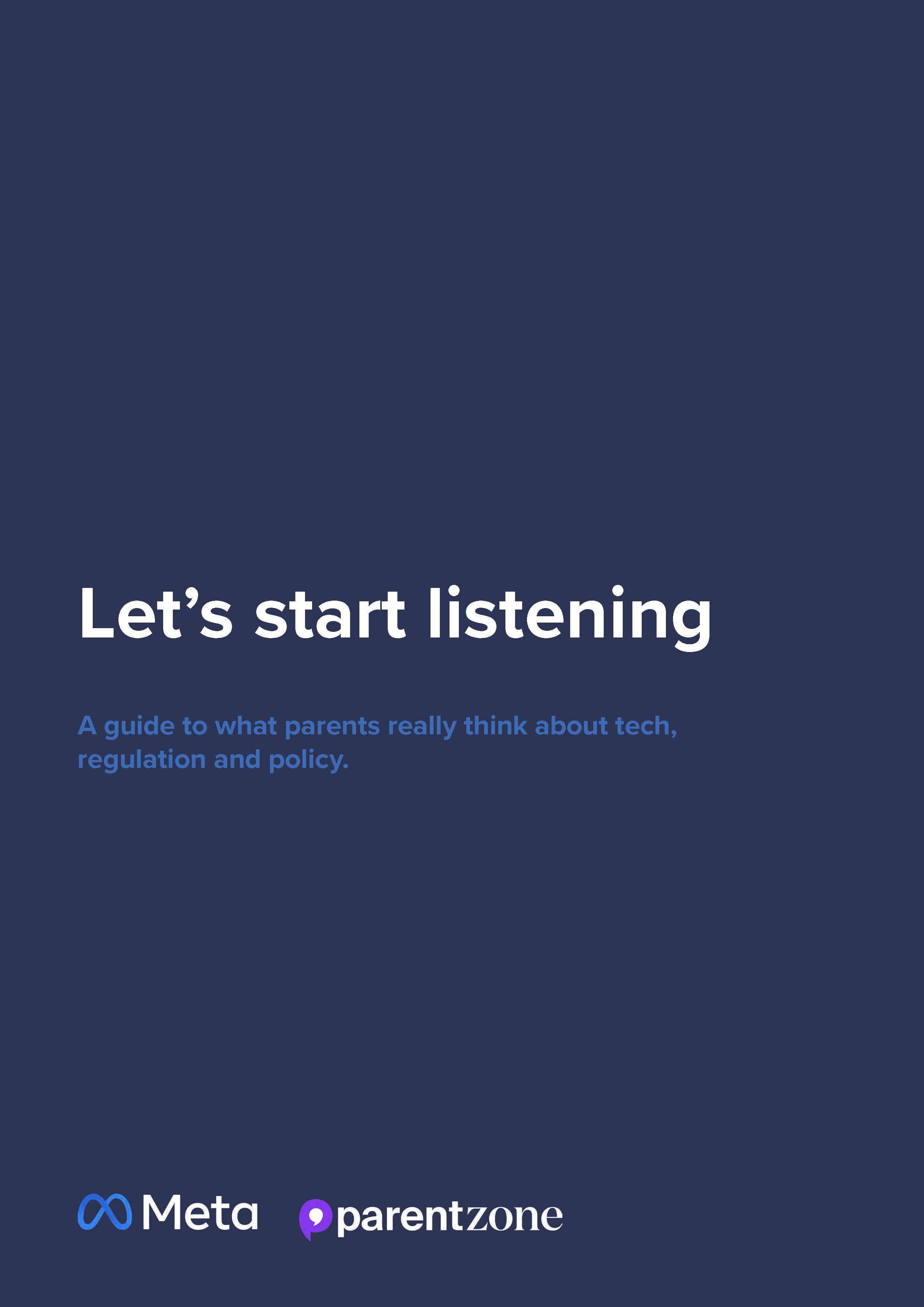
Your Digital Family – Listening Project
January 2023
Parents know their children better than anyone. Yet we found little mention of them in the Online Safety Bill. To address this, Parent Zone partnered with Meta to create the Your Digital Family Listening Project and discover how families really feel about tech.
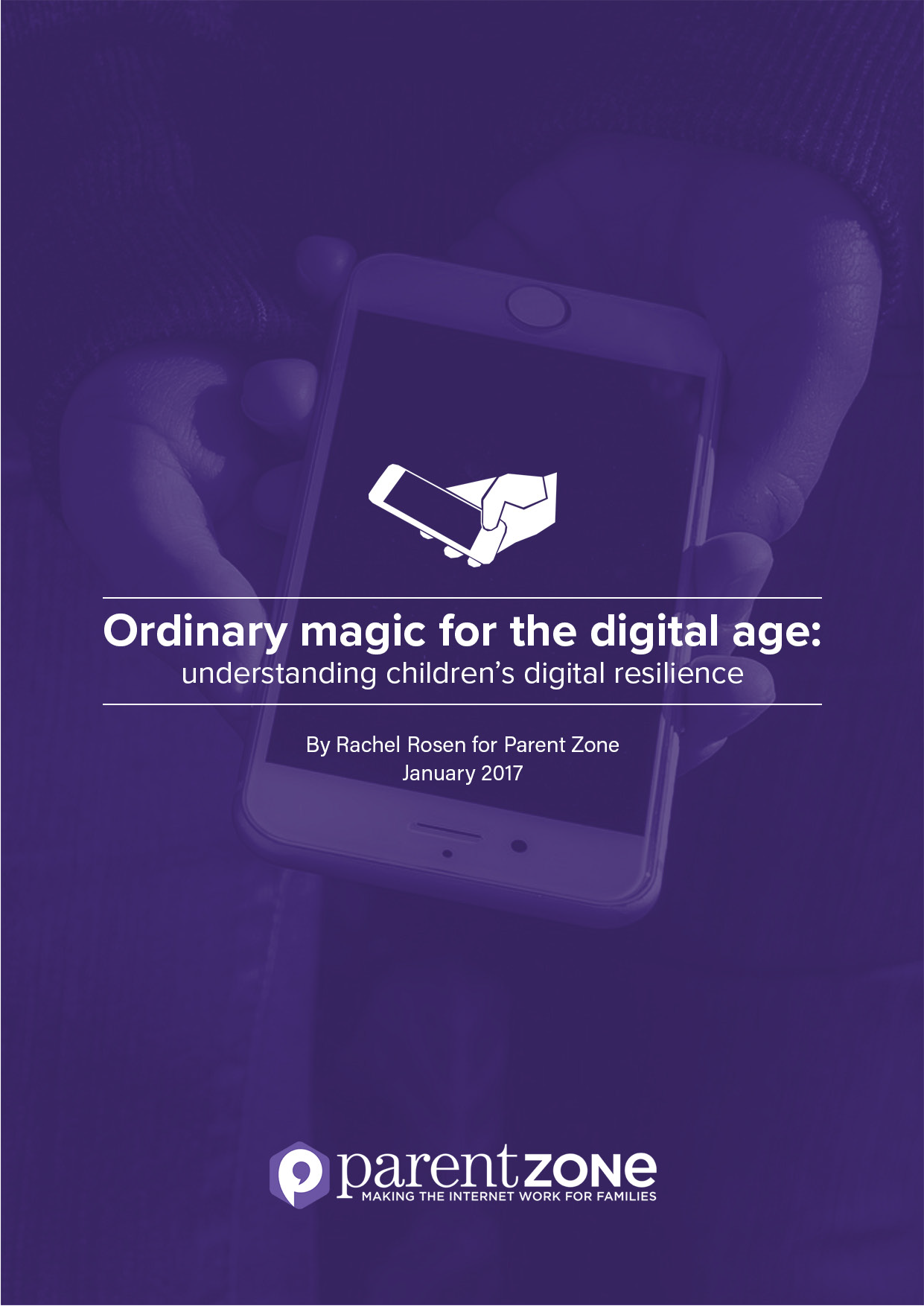
Ordinary Magic for the Digital Age
October 2017
It's instinct to want to protect children from online risks and harms. But if tech and safety tools are only part of the solution, what role can 'digital resilience' play? After our 2014 report into digital resilience, Rachel Rosen revisits the area to see what has changed.
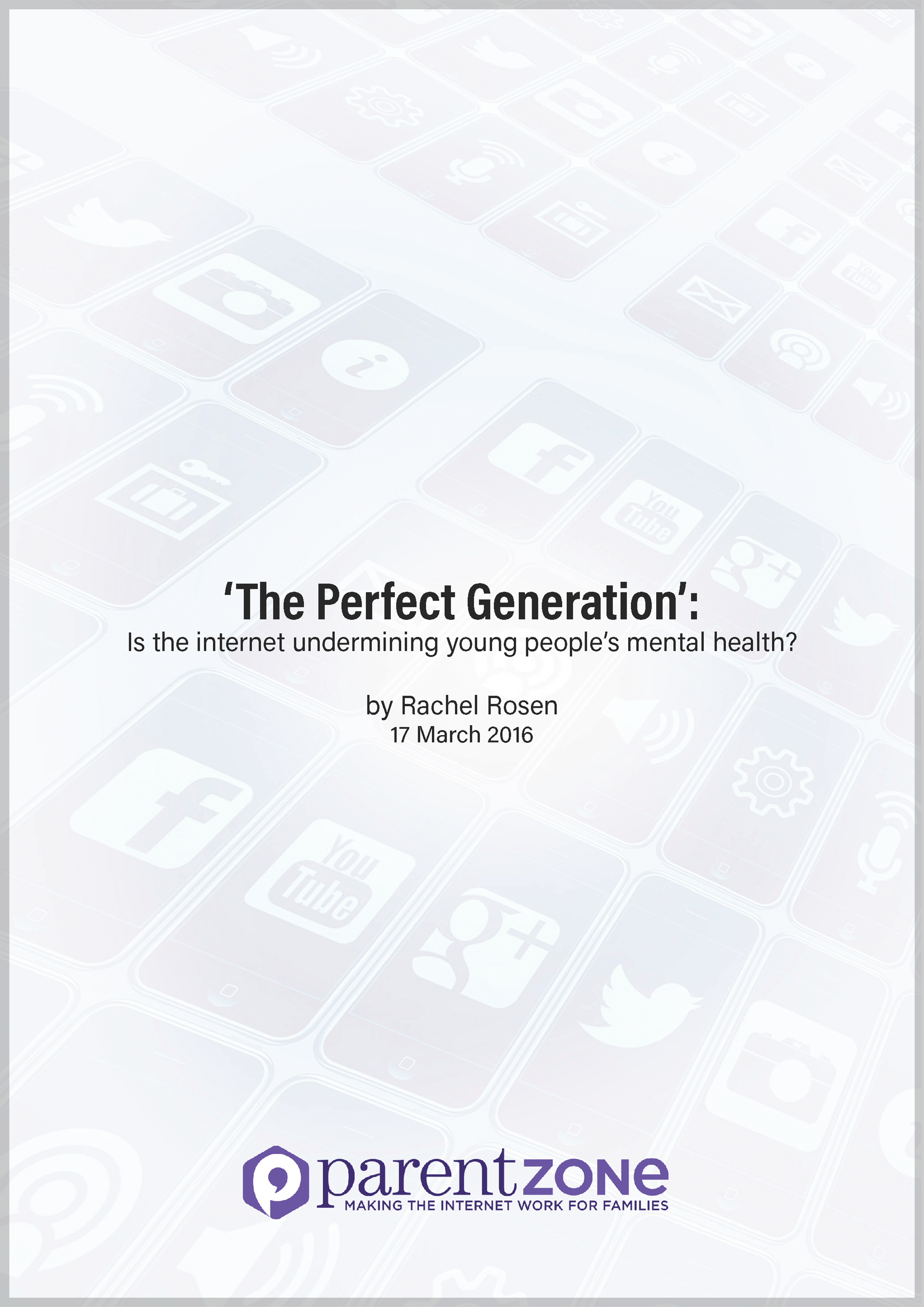
The Perfect Generation
2016
The impact the online world has on young people's mental health is a common concern. In this report, we speak to young peple who have grown up with technology – to hear their views, so that we can begin thinking about how best to support those who care for them and educate them.
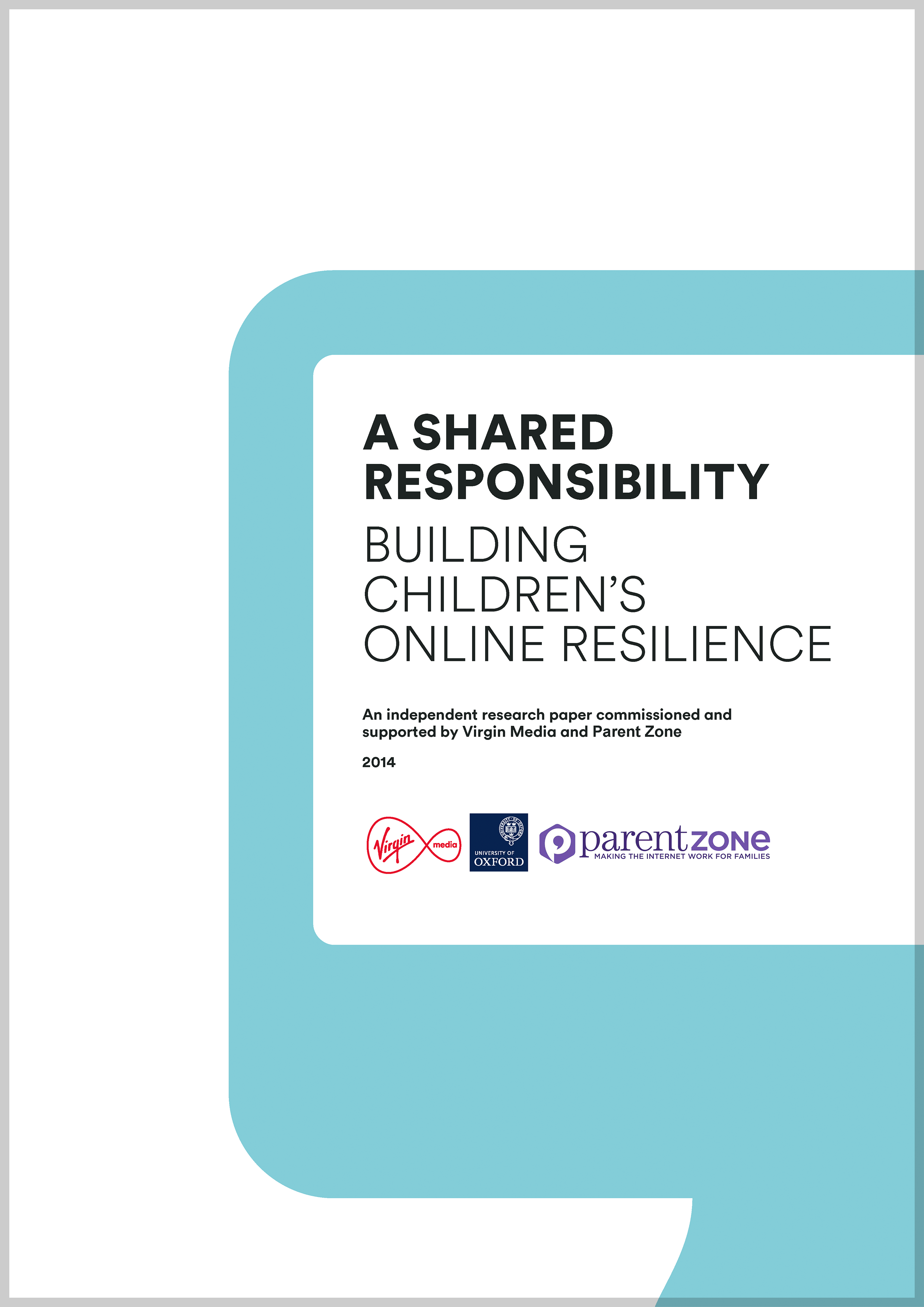
Building children's online resilience
2014
We worked with Dr Andrew Przybylski and the Oxford Internet Institute to examine children's digital resilience. We looked at how children can be encouraged to develop their resilience, and how they can be given the tools to meet the challenges of online life.

